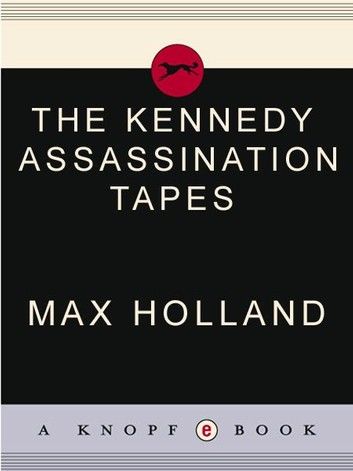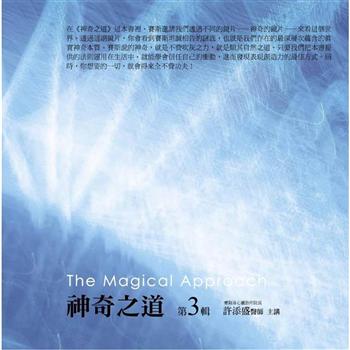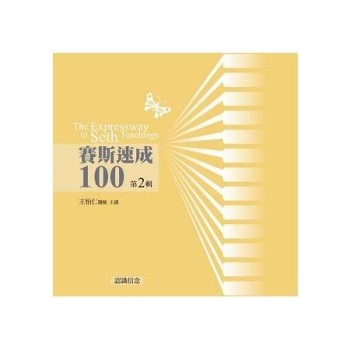| FindBook |
有 1 項符合
The Kennedy Assassination Tapes的圖書 |
 |
The Kennedy Assassination Tapes 作者:Max Holland 出版社:Knopf Doubleday Publishing Group 出版日期:2004-09-14 語言:英文 |
| 圖書館借閱 |
| 國家圖書館 | 全國圖書書目資訊網 | 國立公共資訊圖書館 | 電子書服務平台 | MetaCat 跨館整合查詢 |
| 臺北市立圖書館 | 新北市立圖書館 | 基隆市公共圖書館 | 桃園市立圖書館 | 新竹縣公共圖書館 |
| 苗栗縣立圖書館 | 臺中市立圖書館 | 彰化縣公共圖書館 | 南投縣文化局 | 雲林縣公共圖書館 |
| 嘉義縣圖書館 | 臺南市立圖書館 | 高雄市立圖書館 | 屏東縣公共圖書館 | 宜蘭縣公共圖書館 |
| 花蓮縣文化局 | 臺東縣文化處 |
|
|
A major work of documentary history–the brilliantly edited and annotated transcripts, most of them never before published, of the presidential conversations of Lyndon B. Johnson regarding the Kennedy assassination and its aftermath.
The transition from John F. Kennedy to Johnson was arguably the most wrenching and, ultimately, one of the most bitter in the nation’s history. As Johnson himself said later, “I took the oath, I became president. But for millions of Americans I was still illegitimate, a naked man with no presidential covering, a pretender to the throne….The whole thing was almost unbearable.”
In this book, Max Holland, a leading authority on the assassination and longtime Washington journalist, presents the momentous telephone calls President Johnson made and received as he sought to stabilize the country and keep the government functioning in the wake of November 22, 1963. The transcripts begin on the day of the assassination, and reveal the often chaotic activity behind the scenes as a nation in shock struggled to come to terms with the momentous events. The transcripts illuminate Johnson’s relationship with Robert F. Kennedy, which flared instantly into animosity; the genuine warmth of his dealings with Jacqueline Kennedy; his contact with the FBI and CIA directors; and the advice he sought from friends and mentors as he wrestled with the painful transition.
We eavesdrop on all the conversations–including those with leading journalists–that persuaded Johnson to abandon his initial plan to let Texas authorities investigate the assassination. Instead, we observe how he abruptly established a federal commission headed by a very reluctant chief justice of the Supreme Court, Earl Warren. We also learn how Johnson cajoled and drafted other prominent men–among them Senator Richard Russell (who detested Warren), Allen Dulles, John McCloy, and Gerald Ford–into serving.
We see a sudden president under unimaginable pressure, contending with media frenzy and speculation on a worldwide scale. We witness the flow of inaccurate information–some of it from J. Edgar Hoover–amid rumors and theories about foreign involvement. And we glimpse Johnson addressing the mounting criticism of the Warren Commission after it released its still-controversial report in September 1964.
The conversations rendered here are nearly verbatim, and have never been explained so thoroughly. No passages have been deleted except when they veered from the subject. Brought together with Holland’s commentaries, they make riveting, hugely revelatory reading.
From the Hardcover edition.
|











